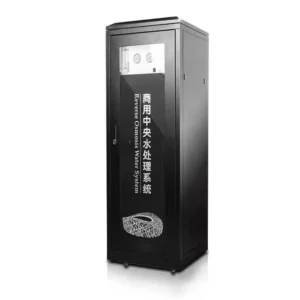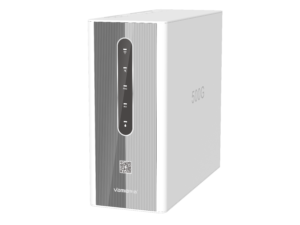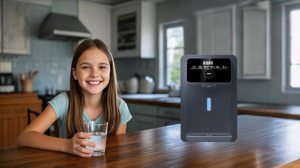Selecting Water Purifiers for Rural Water Quality: Key Strategies
Rural water sources often face unique challenges, such as high sediment, iron, manganese, or bacterial contamination.
Here’s how to choose an effective purifier:
1. Identify Contaminants: Start with a water test to pinpoint issues. Well water may contain high TDS, arsenic, or coliform
bacteria, while surface water sources are prone to organic matter and turbidity.
2. Multi-Stage Filtration:
Here’s how to choose an effective purifier:
1. Identify Contaminants: Start with a water test to pinpoint issues. Well water may contain high TDS, arsenic, or coliform
bacteria, while surface water sources are prone to organic matter and turbidity.
2. Multi-Stage Filtration:

-
Pre-Filtration: Use PP cotton or stainless steel mesh filters to remove large particles (sediment, rust) and extend the
life of downstream components. -
Advanced Filtration: For bacterial concerns, UV sterilization or RO membranes are essential. For iron/manganese,
look for specialized media filters or oxidation-based systems.

-
Post-Filtration: Activated carbon filters can reduce chlorine, odors, and organic compounds, improving taste and smell.
3. Durability and Maintenance: Rural areas may have inconsistent power supply or limited access to replacement parts.
Choose robust models with long-lasting filters and simple maintenance requirements. Solar-powered UV systems are ideal
for off-grid locations.
4. Flow Rate and Storage: Larger households or agricultural use may require high-flow systems with storage tanks to meet
daily needs without frequent recharging.
Water Purifier Factory, Water Purifier For Home, Water Purifier Machine,Water Purifier, Water Filter Purifier System
By tailoring the purifier to your specific water quality and operational constraints, you can ensure reliable access to clean water
in rural settings.Selecting Water Purifiers for Rural Water Quality: Key Strategies

